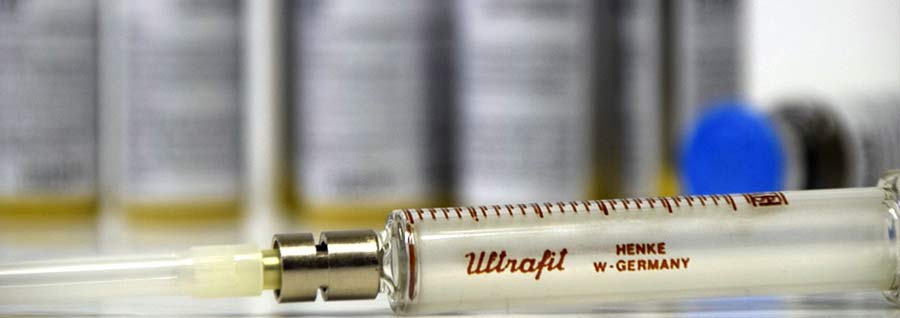Top Certifications for Estheticians
As an esthetician, enhancing your skills and expanding your qualifications can significantly impact your career. Obtaining the right certifications can increase your knowledge, elevate your practice, and boost your client base by establishing trust and credibility in the field.
1. State Licensing
The most critical certification for any esthetician is obtaining a state license. Each state in the U.S. has different requirements regarding the number of training hours and the examinations required. Typically, aspiring estheticians must complete a program from an accredited esthetics school and pass a state exam. This certification is fundamental as it legally allows you to practice and is often a prerequisite for other specialized certifications.
2. Certified Medical Aesthetician (CMA)
For estheticians looking to work in medical settings, obtaining a certification as a Certified Medical Aesthetician (CMA) is essential. This certification demonstrates that you have additional training and experience in medical esthetics, including knowledge of skincare treatments like chemical peels, microdermabrasion, and laser treatments. This certification can enhance job prospects and allow for higher earning potential in clinical settings.
3. CIDESCO Diploma
The CIDESCO (Comité International d'Esthétique et de Cosmétologie) diploma is one of the most prestigious international qualifications for estheticians. It covers advanced topics such as facial techniques, body treatments, and spa management. Achieving this diploma can significantly enhance your employability, especially in high-end spas and international establishments.
4. National Coalition of Estheticians (NCEA) Certification
The NCEA certification is aimed at professional estheticians in the U.S. and serves as a benchmark for gold standard practices in skincare. This certification validates your knowledge in skin health and treatment. It is especially useful for those looking to elevate their credibility with clients and employers in a competitive job market.
5. Aesthetic Injection Certification
With the growing demand for minimally invasive aesthetic procedures, obtaining an Aesthetic Injection Certification allows estheticians to administer treatments such as Botox and dermal fillers. This specialized training typically involves a hands-on course led by certified professionals and is essential for those who want to work alongside dermatologists or in medical spas.
6. Microblading Certification
Microblading has gained popularity in the beauty industry, making this certification a valuable addition to an esthetician’s skill set. Microblading certification courses teach techniques to create natural-looking eyebrow tattoos. This certification can open up a lucrative opportunity for estheticians by offering specialized services that clients desire.
7. Chemical Peels Certification
Chemical peels can significantly improve skin texture and pigmentation. Taking a certified course in chemical peels will enable estheticians to safely perform these procedures, adhering to industry standards and best practices. This certification can lead to increased client satisfaction and loyalty when clients see visible results.
8. Laser Hair Removal Certification
As laser technology advances, many estheticians are adding laser hair removal to their repertoire. Obtaining a certification in laser hair removal includes training on safety protocols, skin types, and treatment methods. This certification not only diversifies your offerings but also meets regulatory standards, allowing you to expand your client base.
9. Spa Management Certification
For estheticians with aspirations of moving into leadership roles or entrepreneurship, a Spa Management Certification is invaluable. This certification provides training in business management, customer service, marketing, and financial management specific to the wellness and beauty industry. Having management skills can prepare you for owning a spa or advancing in your career.
10. Holistic Skincare Certification
As the demand for natural and holistic products grows, gaining a certification in holistic skincare can appeal to this niche market. Holistic certifications typically cover topics such as organic skincare, aromatherapy, and natural healing techniques. This knowledge not only broadens your service offerings but also attracts clients interested in organic and holistic treatments.
Conclusion
Investing in the right certifications as an esthetician can significantly influence your career trajectory. From medical esthetics to spa management, there are numerous options available, each providing unique opportunities for growth. By obtaining these certifications, you enhance your skills, stay competitive, and ultimately offer better service to your clients. Whether you’re starting in the industry or looking to elevate your existing practice, focusing on skill enhancement is essential for long-term success.





